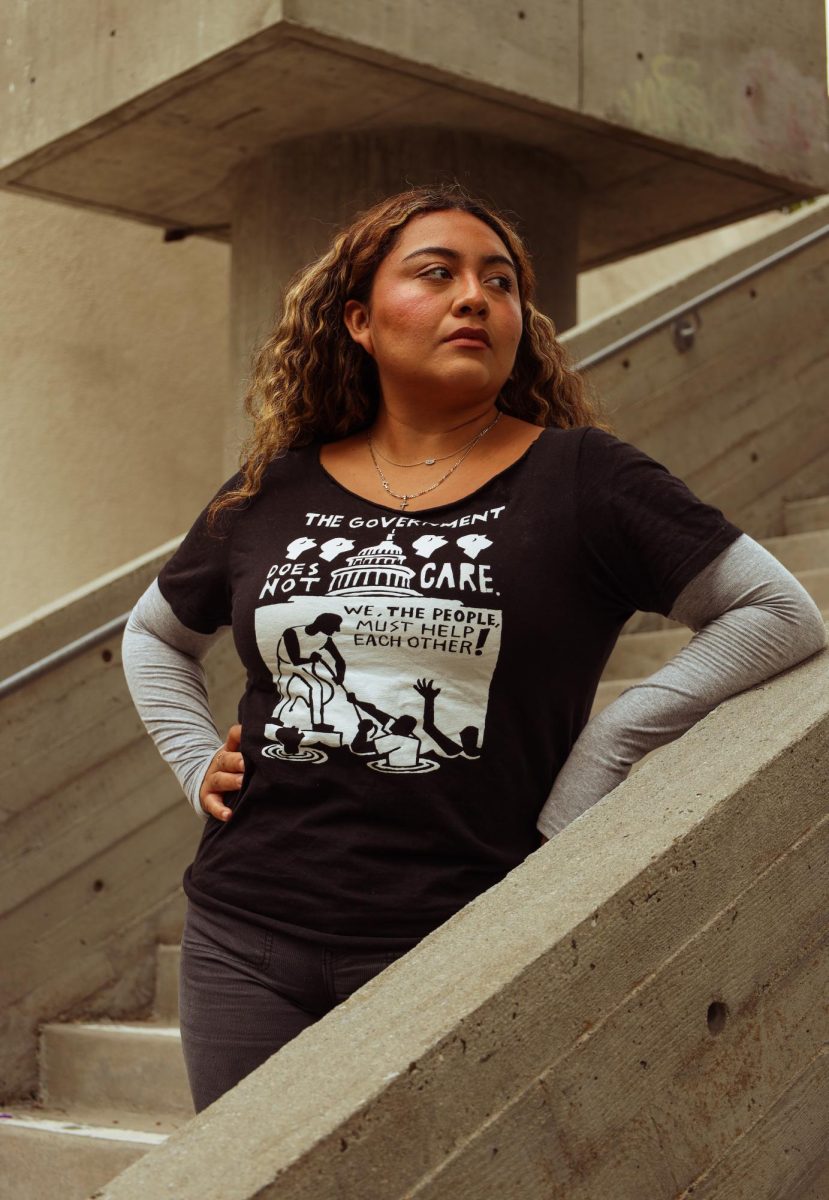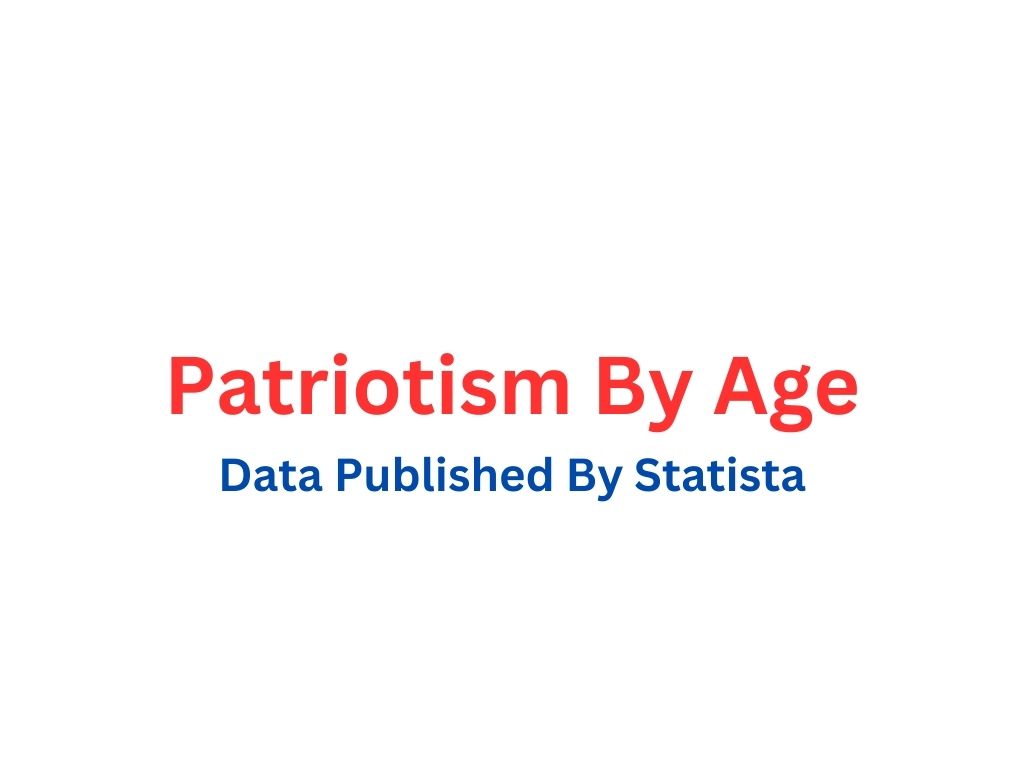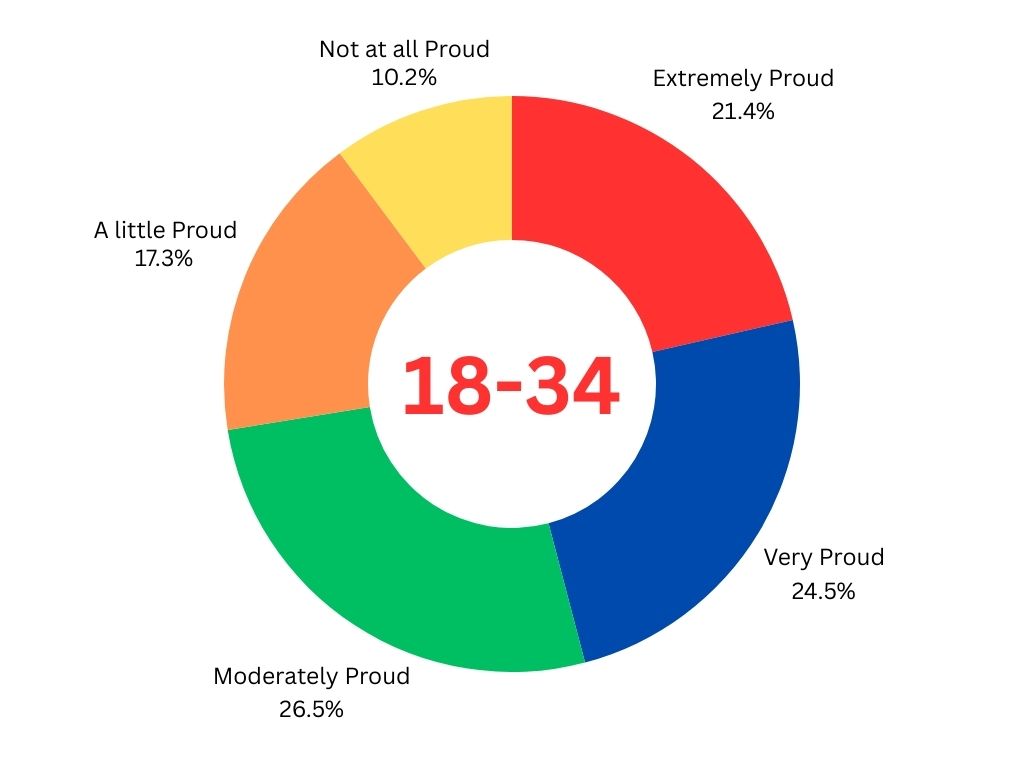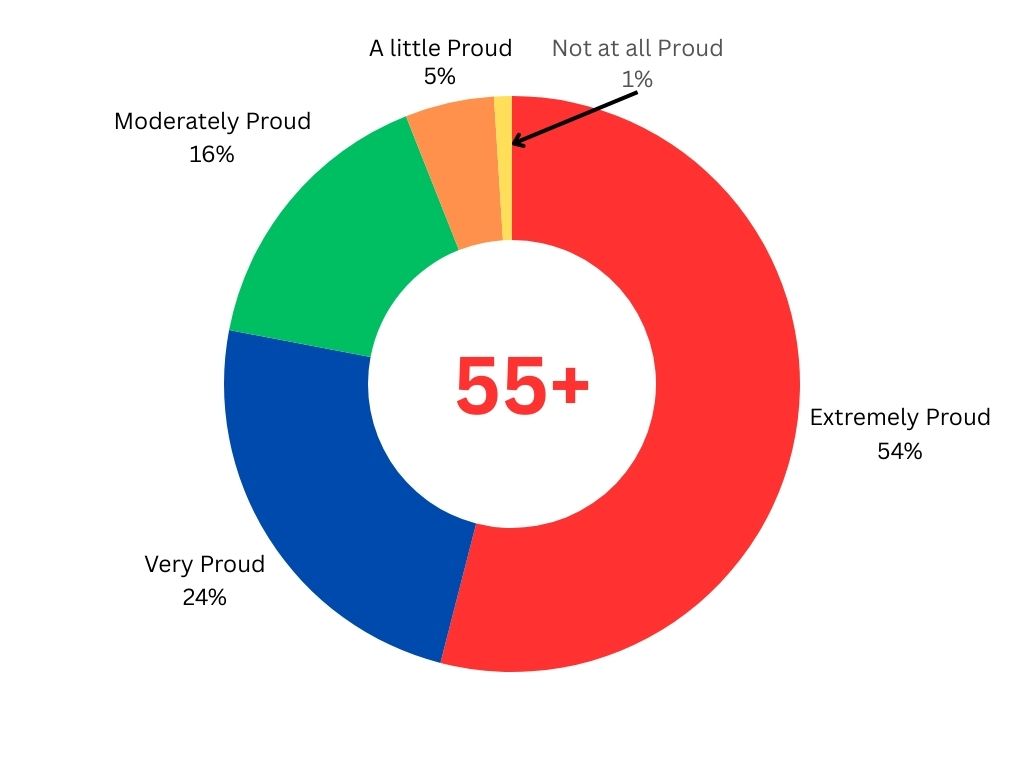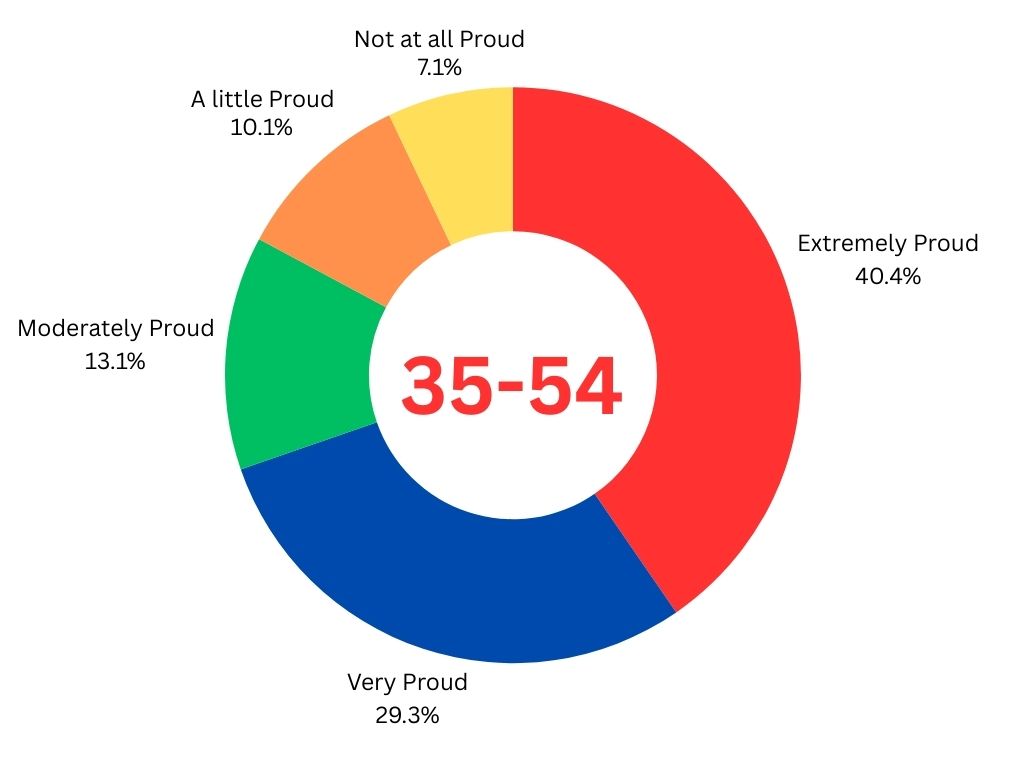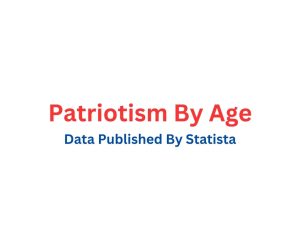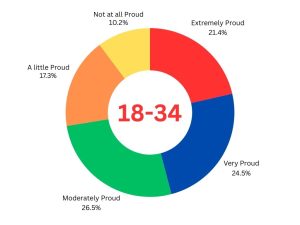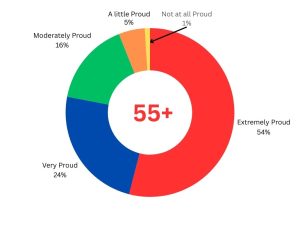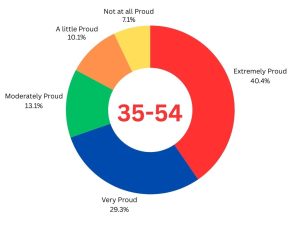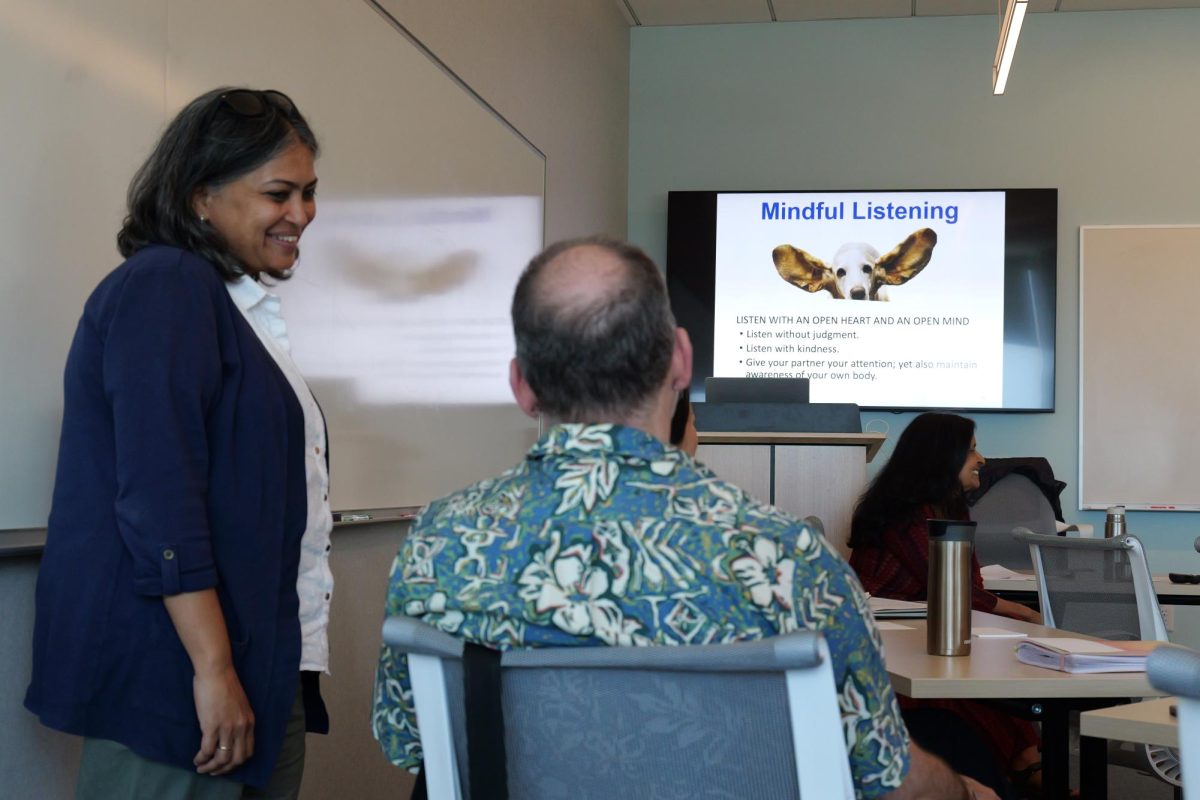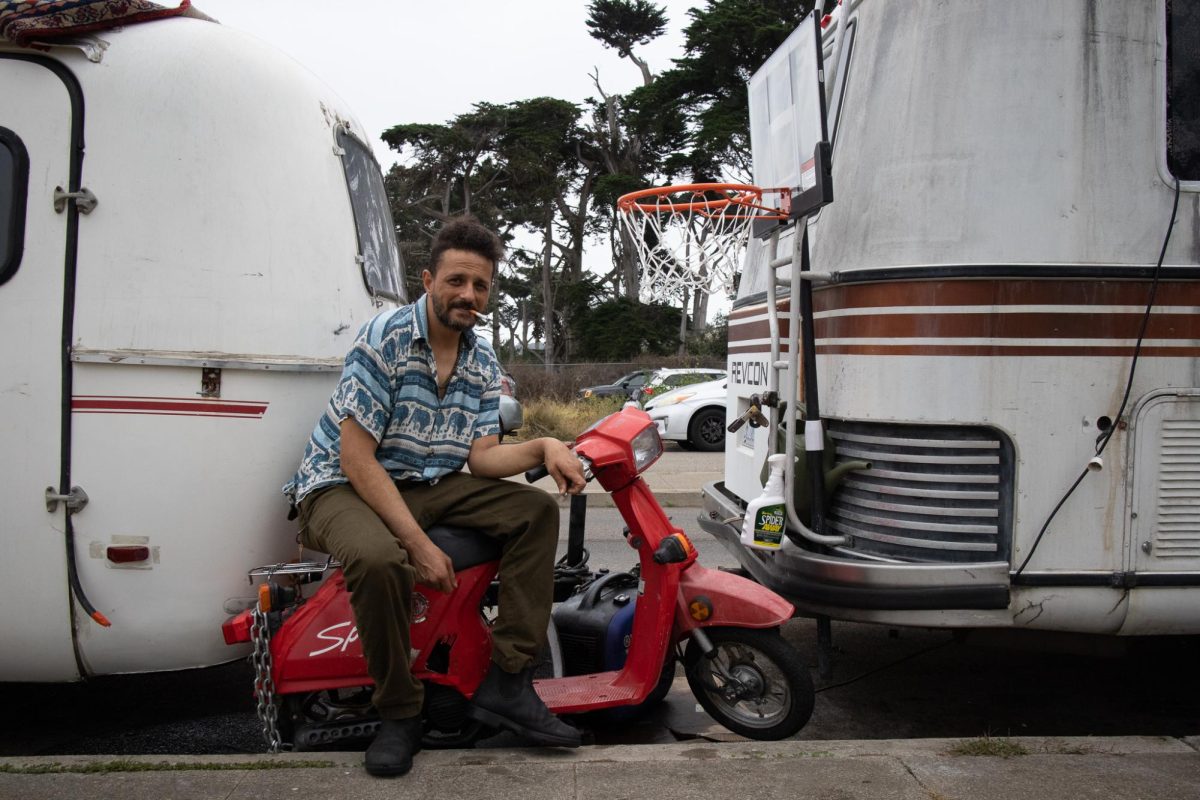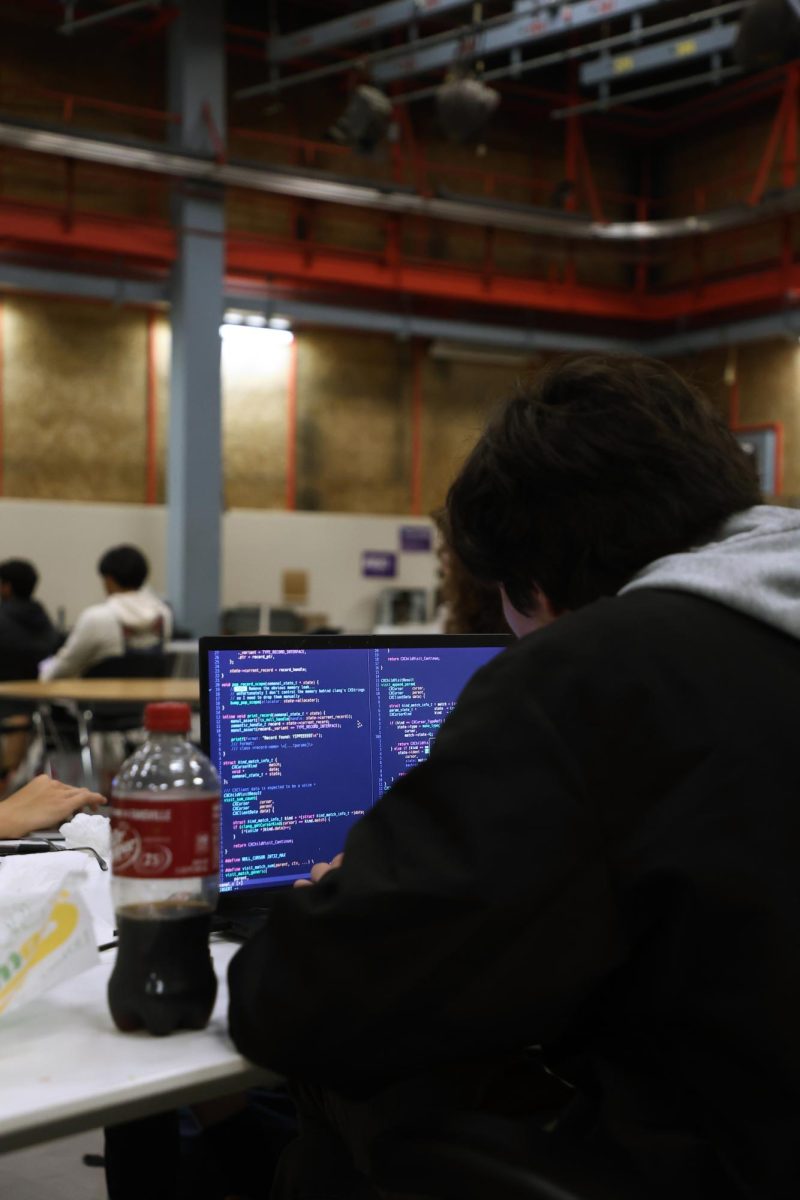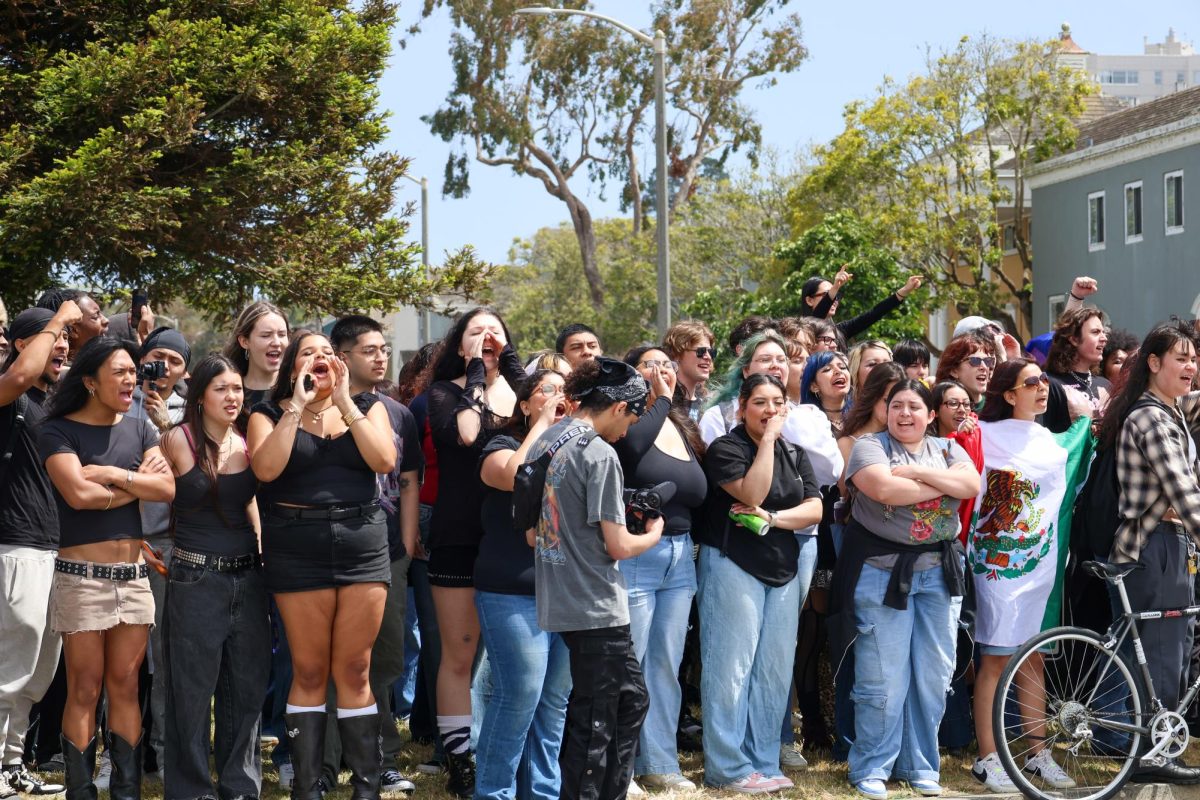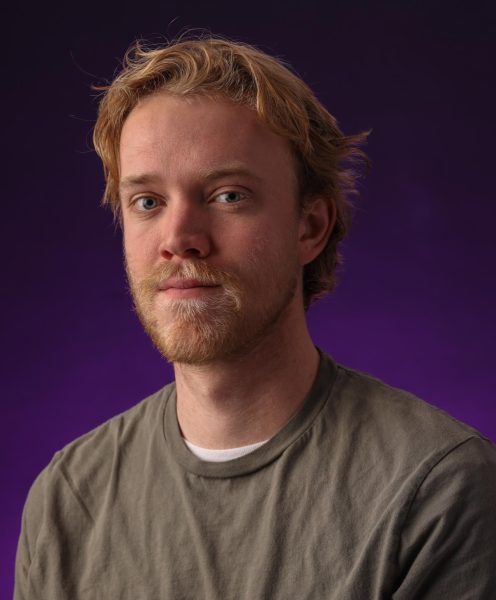SF State’s student body has historically served as a monument to counterculture; an example of young Americans organizing to change the country.
From the Vietnam War to the Free Palestine Movement, protesting the government is nothing new at SF State. Yet, a generational gap exists between these two movements, with today’s young Americans being less patriotic than the older counterculture generation. According to data published by Statista, only 21% of young Americans between the ages of 18 and 34 identify as “extremely proud” to be an American, compared to 40% of those between 35 and 54 and 54% of those 55 and older.
Webster’s Dictionary defines patriotism as love or devotion for one’s country, but Koby Kern, a computer science major at SF State, had a different view of patriotism.
“The ability for a group to be able to have rights for themselves, that would be the gist of my definition,” Kern said.
The population of SF State is made up of various political groups. One of the most popular at SF State is the chapter of the Young Democratic Socialist of America. The chapter’s president, Michelle Martinez, identifies as non-patriotic. According to Martinez, patriotism is having pride in your country.
“Right now, I’m not proud of it [the U.S.] because our country is committing a genocide in Palestine, and they are, I would say, very for militaristic interest and capital gain at the expense of innocent people a lot of the times,” Martinez said. “That’s not something to be proud of, I mean, you have every side, right or left, saying they’re very much for closing down borders, denying asylum, and these are things that they’re actively really proud in, and sending arms to Israel, so, that doesn’t really give me much to be proud of.”
Martinez says she isn’t sure if the country can ever win her trust after its involvement in the Israel-Palestine conflict.
“I don’t know, because I feel like if I say calling for a cease-fire, that would make me patriotic but I feel like we’re kinda past that point, it’s kinda like basic human decency at this point, I don’t feel like that should be applauded, like good, you stopped killing innocent people, I should be really proud,” Martinez said. “We shouldn’t have been doing that in the first place.”
After multiple attempts to get conservative voices to give their views on patriotism, leaders of local conservative clubs declined to comment.
Sadie Farley, an English and international relations major at SF State, said that she was raised without patriotism. She grew up in a home where patriotism was looked down upon, and also identifies as non-patriotic.
“It’s embarrassing,” said Farley. “Because it is this undying, undevoted love for your country even though you know your country has done wrong things.”
Though Gen Z isn’t the first generation to have problems with the government, they are the first to grow up with social media.
“I think it’s generally through the fact that social media is not exposing us to different portions of the world and what’s going on, so there’s a sense of entitlement and comfort living in America, because you don’t see those other events happening,” Kern said.
José Rodríquez, a civil engineering student at SF State, blames young Americans’ lack of patriotism on the media.
“I feel like the country has gotten worse throughout the years, with each year that goes by,” Rodríquez said. “I feel like media plays a huge role in our country, everything’s based on the media.”
Rebecca Eissler, an associate professor in the Department of Political Science at SF State, talks about patriotism and nationalism. She believes that understanding the nuance of these two terms comes with life experience.
“There’s the benign sort of patriotism, as like, ‘I’m proud to be an American, and that means that I then engage in our political system or I do things because I think the country is a worthwhile enterprise, and I should be a part of it,’” Eissler said. “But it’s really continuum, and really you can quite soon tick over into nationalism, which is not always darker, but it can be.”
According to Pew Research Center, young Americans are much more likely to have distrust in the government compared to other groups, with 49% of Americans aged 18-29 to fit the category of distrusting the government. Eissler calls this a “youth phenomenon” and believes that there are things that the government can do to earn back some of that trust.
“I think, listen to them,” Eissler said. “Actually have politicians pay attention to the things that younger Americans care about. The issue of student loans comes to mind. It may be really hard to do things on it but try to. Get caught trying.”



